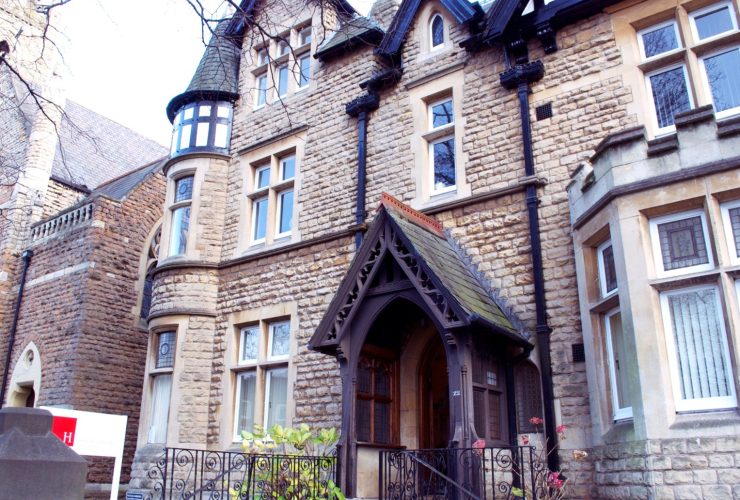The integrity of the housing market depends on honest dealing and lenders are very often not the only victims of mortgage fraud. That was certainly so in the case of an innocent woman who, due to her husband’s dishonesty, faced losing her home of almost 30 years.
 The woman’s home was a former council house into which she moved in 1993. She would never have been able to pay the £167,000 required to purchase the property under the ‘right to buy’ scheme. Her husband, however, fraudulently arranged its transfer to her by the council in 2002. Within days, he transferred it again to a property company which raised a £250,000 mortgage on the property.
The woman’s home was a former council house into which she moved in 1993. She would never have been able to pay the £167,000 required to purchase the property under the ‘right to buy’ scheme. Her husband, however, fraudulently arranged its transfer to her by the council in 2002. Within days, he transferred it again to a property company which raised a £250,000 mortgage on the property.
The woman’s signature on both transfers was forged and she was entirely unaware of any of those arrangements. Her husband was subsequently convicted of fraud in relation to the forgery of the transfers. After the property company was struck off the register and dissolved, the house reverted to the Crown. However, she eventually succeeded in having the property vested in her name.
The end result of those events was that the house was encumbered by a mortgage which, with the addition of unpaid interest and legal costs, had ballooned to over £650,000. Fearing that she would lose the roof over her head, the woman sought to rectify the land register so as to remove the mortgage. Her application was, however, rejected by a judge.
In dismissing the woman’s challenge to that outcome, the Court of Appeal noted the lender’s argument that it was unquestionably the victim of a fraud and that it would be unjust to deprive it of the benefit of the mortgage. The house was currently valued at about £1 million and, even after the mortgage was taken into account, the woman’s equity in the property was worth about £350,000.
If the mortgage were removed, the woman would receive a windfall in that she would obtain the unencumbered freehold of a house she could never have afforded to buy. That would put her in a much better position than she ever would have been in if the fraud had not taken place. The Court concluded that, in the exceptional circumstances of the case, the register should not be rectified.



